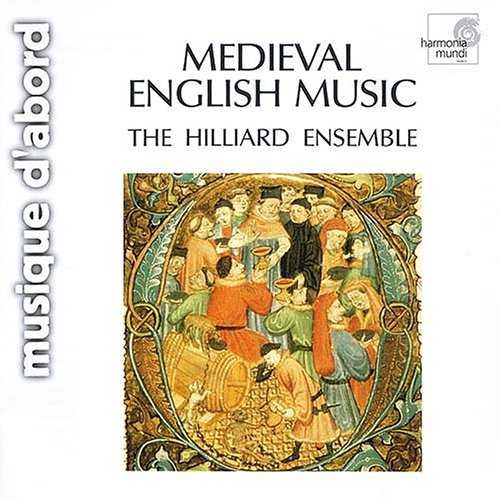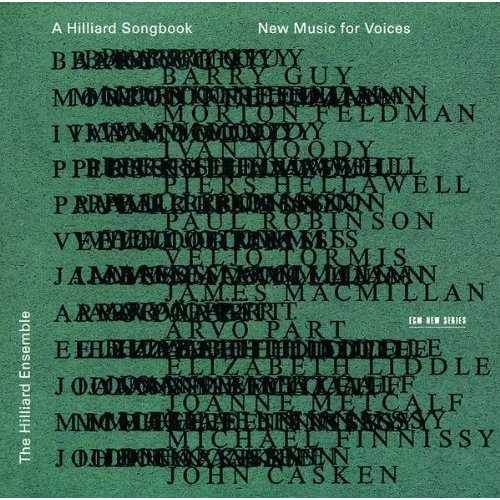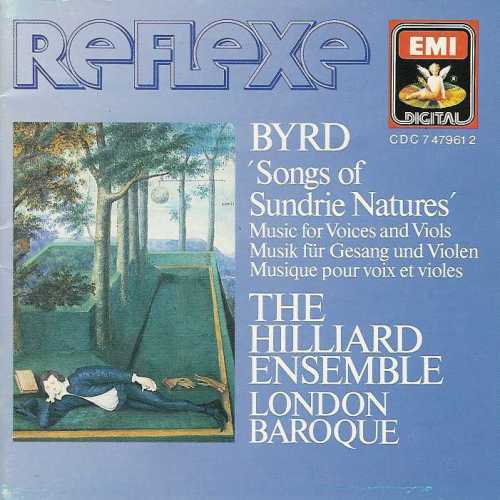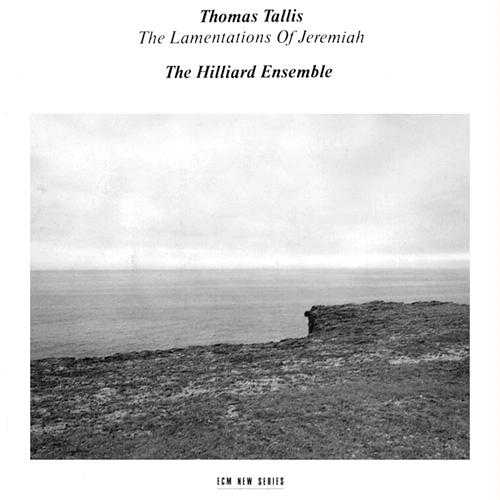
Audio CD
SPARS Code: ADD
Number of Discs: 1
Format: APE (image+cue)
Label: Harmonia Mundi
Size: 197 MB
Recovery: +3%
Scan: yes
01. Anonymes Du XIV Siecle: Aleluia: Hic Est Vere Martir
02. Anonymes Du XIV Siecle: Aleluia: Singularis Laudis Digna
03. Anonymes Du XIV Siecle: Aleluia: Doleo Super Te
04. Anonymes Du XIV Siecle: Aleluia: Thomas Gemma Cantuarie
05. Anonymes Du XIV Siecle: Aleluia: Civitas Nusquam Conditur
06. Anonymes Du XIV Siecle: Aleluia: Tu Civium Primas
07. Anonymes Du XIV Siecle: Aleluia: Mater Christi Nobilis
08. Anonymes Du XIV Siecle: Aleluia: Ite Missa Est
09. Anonymes Du XV Siecle: Alleluia: A Newe Work
10. Anonymes Du XV Siecle: Anna Mater Matris Christi
11. Anonymes Du XV Siecle: There Is No Rose
12. Anonymes Du XV Siecle: Tota Pulcra Es Amica Mea
13. Anonymes Du XV Siecle: Marvel Not, Joseph
14. Anonymes Du XV Siecle: O Potores Exquisiti
Exquisite program of late-Medieval English polyphonic songs
Exquisite program of late-Medieval English polyphonic songs, from the 14th (tracks 1-8) and 15th (9-15) centuries, sung by the a cappella vocal ensemble The Hilliard Ensemble back in 1982. Most are anonymous (and that includes all those from the 14th Century). One that’s not is John Plummer’s “Anna Mater Matris Christi, track 10. “Tota pulcra es amica mea”, track 12, is given as an anonymous composition, but the liner notes (by ensemble’s conductor Paul Hillier) says it is by “Forest” – no first name. Online research indicates that it is John Forest, and the more extensive biographical note is found not on Wikipedia, but on CPDL/Choral wiki: “English composer, a contemporary of Leonel Power. There are two motets of Forest’s in the Old Hall manuscript, but much more survives in Continental sources such as the Trent Codices. No initial or forename is given in the sources, and no Forests with specifically musical credentials appear in archives. Identification therefore remains uncertain, though the name is not common, and there is only one strong candidate, John Forest, onetime Dean of Wells, who was born about 1365–70 and died on 25 March 1446. “
Although the modern sources used by the Hilliard Ensemble are indicated, the original sources aren’t; the “Old Hall” manuscript [“The Old Hall Manuscript (British Library, Additional MS 57950) is the largest, most complete, and most significant source of English sacred music of the late 14th and early 15th centuries, and as such represents the best source for late Medieval English music.” – Wikipedia], which the same ensemble illustrated again a decade later (The Hilliard Ensemble: The Old Hall Manuscript), is mentioned in the liner notes, but it is not clear that it is where the songs are derived. Most are sung in Latin, some (exclusively from the 15th Century) in English. Some of the 14th Century songs sound in the style of Perotin’s great Conducti and Machaut’s Mass (tracks 1 & 2), but they soon become less stark and more melodious, often wonderfully tender, sometimes playful, and with more elaborate polyphony than the basic Descant, and even more so in the 15th-Century carols than in the 14th Century songs.
Major drawback of the CD is the absence of texts of songs, quite detrimental, since after all these compositions don’t just set wordless vocalises to music: they are settings of meaning, and the meaning colors, or should color, the character of the music. Here we can only assume that the Hillard Ensemble’s choice of tempi and ensuing expression truly illustrates the meaning of the words. TT 52 minutes.



